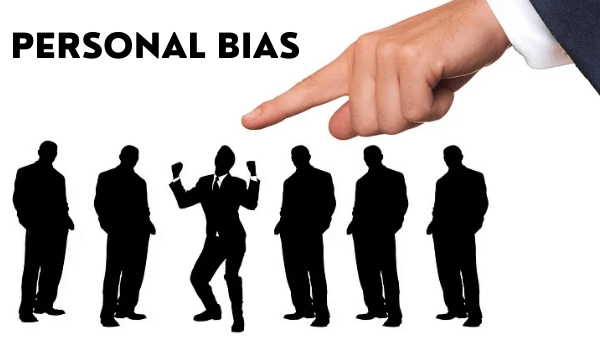The year was 2006. Ravi Mishra, now senior VP, Aditya Birla Group, had to hire a site engineer for the Company’s plant in Gawan, Jharkhand, an area known for its deep Naxal infestation. Interviewing multiple candidates for the position, Mishra came across a female candidate from Ghaziabad who showed potential and could be deemed the right fit for the position. However, the region where she was supposed to be deputed was not considered safe for women. Further, the Company hadn’t employed any women for that particular role till then. However, Mishra was extremely confident about her candidature at the time of hiring and didn’t allow traditional biases to clog the path of a professional who could excel in their career, irrespective of the gender and community they belonged to, and so on.
“I was very confident in her candidature. However, during the hiring, I clearly told her that she could expect crass language while working there. I conveyed to her that an honest approach will give her success in her position. During her tenure with us, she was really popular and delivered excellent performance throughout,” said Mishra, elaborating on the experience.
“Once I hired a competent women in a role based in Jharkhand which was known for deep Naxal infestation. She showed potential and no female was hired in that role till then. During her tenure with us, she was really popular and delivered excellent performance”
Ravi Mishra, SVP-HR, Advance materials business, Aditya Birla Group
Diversity and inclusion for corporates has become a priority of late. Opening workspaces to all allows companies to broaden their horizons in terms of the variety of ideas, and is also essential to promote social equality. In India, the idea of inclusion in the workspace was initially thought of to only be restricted to women. However, diversity needs to be enhanced in several ways. To ensure this, it is essential that hiring officials be open to all sorts of people who seek employment. Mishra feels that people coming from less privileged backgrounds, from tier-III or tier-IV cities, often get overlooked by hiring managers, who prefer to recruit people hailing from bigger cities. This bias is due to a conventional disparity in communication skills and a pre-perceived notion of the probable difficulties that people coming from unconventional backgrounds would have trouble fitting in the organisation. However, he believes that hiring managers should be open to people hailing from smaller cities, as in his opinion, they are more loyal to the company. Further, success stories of people hailing from smaller cities are an obvious indicator that a person’s competency shouldn’t be judged based on the region they hail from.
“Companies need to take up special workshops to sensitise their recruiting officials about the discrimination that the people from the community go through”
Manish Majumdar, former head- HR, CoE, Novo Nordisk
For a country like India to truly have a diverse workforce, inclusion of all genders and sexuality is one of the biggest hurdles. However, given the orthodox approach that the society continues to have, people from the LGBTQA community continue to face discrimination. For this purpose, companies have introduced special LGBTQA hiring drives. The idea behind this is to make it clear to the candidates that the company is open to everyone; and that they don’t need to make conscious efforts to protect their identity. Manish Majumdar, former head- HR, CoE, Novo Nordisk, feels that such drives are, thus, essential. However, it doesn’t mean that the recruiting officials are completely sensitised to the LGBTQA community. “Companies need to take up special workshops to sensitise their recruiting officials about the discrimination that the people from the community go through. For the same purpose, they could also tap into the existing resources of the company, that is, people who are already from the community, to help HR during the recruiting process,” he said.
In order to ensure diversity at the workplace, hiring managers need to be more open to people from all sorts of backgrounds and communities. Their personal biases shouldn’t affect the candidature of a right candidate. The company should help hiring managers to develop a bias-free mindset.


